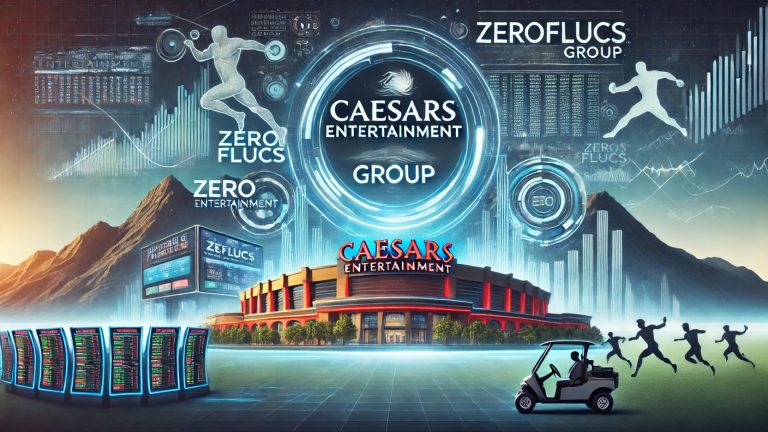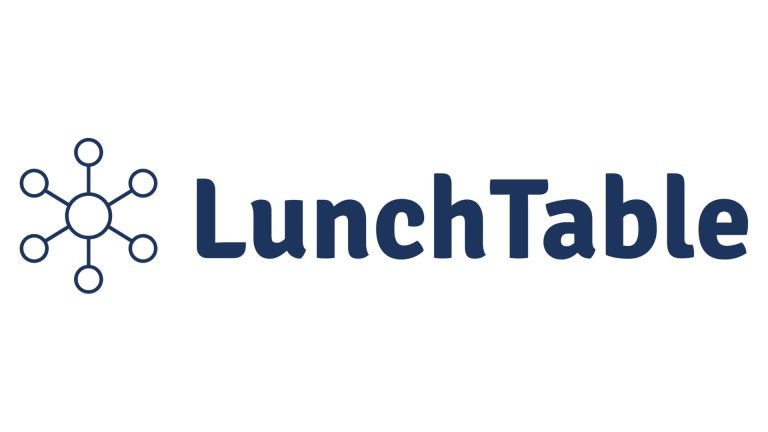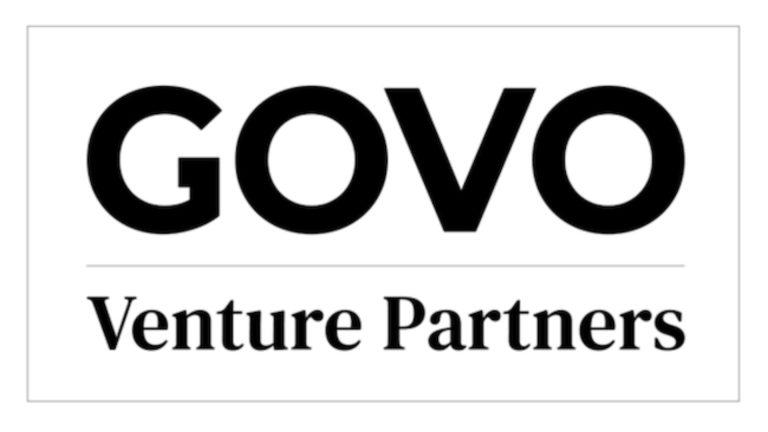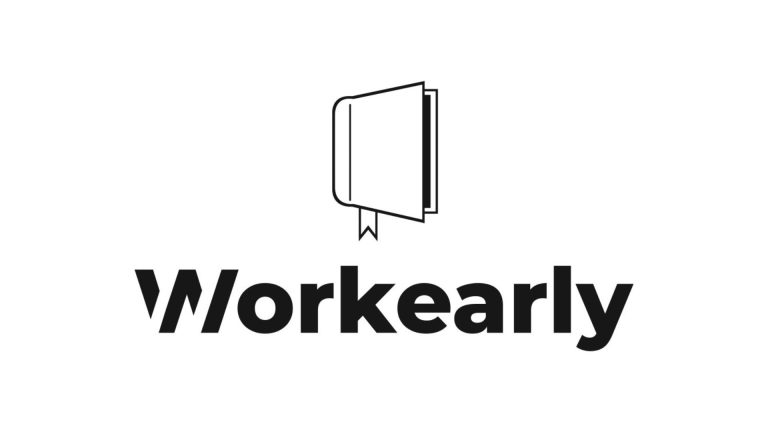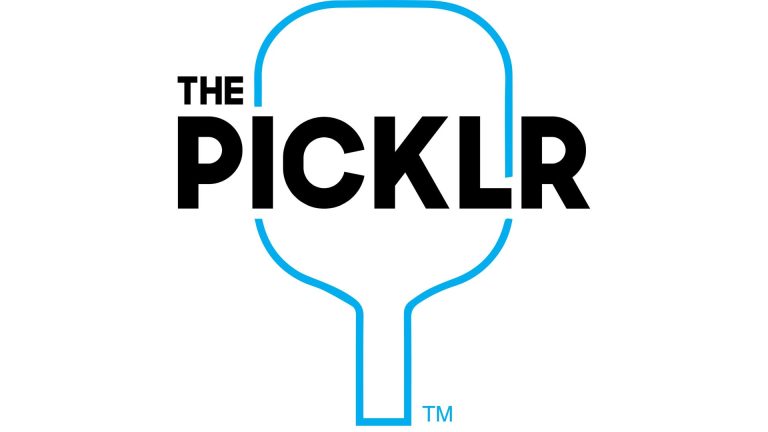Karate Combat, the full-contact martial arts league known for its immersive CGI environments, has secured $18 million in funding to further develop its (mixed reality) XR technology.
Powered by Epic Games’ Unreal Engine, this cutting-edge technology represents the next step in blending real-time virtual effects with live sports.
The newly acquired funding will be used to support the league’s upcoming app launch on May 10th, as well as the implementation of the league’s very own $KARATE token.
As a first-of-its-kind sports league, Karate Combat is structured as a Decentralized Autonomous Organization (DAO), enabling fans to earn $KARATE through the app and by watching matches.
This innovative approach aims to reward the league’s most passionate fans and create a gamified experience for everyone involved.
Karate Combat’s unique approach also enables stakeholders to have a say in the direction of the league. With $KARATE tokens, fans can back their favorite fighters and increase potential prize pools beyond contracted pay.
In addition, fans can compete against one another and climb the league’s leaderboards, creating a sense of community and healthy competition among fans.
This new era of fan engagement has the potential to revolutionize the sports industry, and Karate Combat is at the forefront of this exciting development.
Benefits of Web3 technology in sports
- Fan Engagement: Web3 technology allows fans to engage more deeply with their favorite sports teams and athletes. Fans can participate in online communities, vote on team decisions, and access exclusive content using digital tokens. This creates a more personalized experience for fans, leading to increased loyalty and engagement.
- Transparency and Trust: Web3 technology enables greater transparency and trust in the sports industry. Through the use of blockchain technology, fans and stakeholders can track and verify every transaction, from ticket sales to sponsorship deals. This helps to eliminate fraud and corruption in the industry and builds trust between fans, teams, and athletes.
- Decentralization: Web3 technology allows for the decentralization of sports organizations, which can help to eliminate corruption and inefficiencies in the current centralized sports model. Decentralized autonomous organizations (DAOs) can allow fans and stakeholders to have a say in team decisions, such as player transfers and marketing strategies.
- Tokenization: Web3 technology allows for the tokenization of assets, such as player contracts, merchandise, and tickets. This creates new revenue streams for sports teams and athletes and allows for more flexible ownership structures. Fans can invest in their favorite teams and athletes using digital tokens, creating a new level of financial involvement and engagement.
- Enhanced Sponsorship Opportunities: Web3 technology enables enhanced sponsorship opportunities for sports teams and athletes. Through the use of non-fungible tokens (NFTs), sponsors can create unique digital assets that can be traded or auctioned, allowing for more creative and personalized sponsorship deals.
Overall, the power of Web3 technology in sports lies in its ability to create a more personalized, transparent, and engaging experience for fans while also creating new revenue streams and opportunities for sports organizations and stakeholders.

